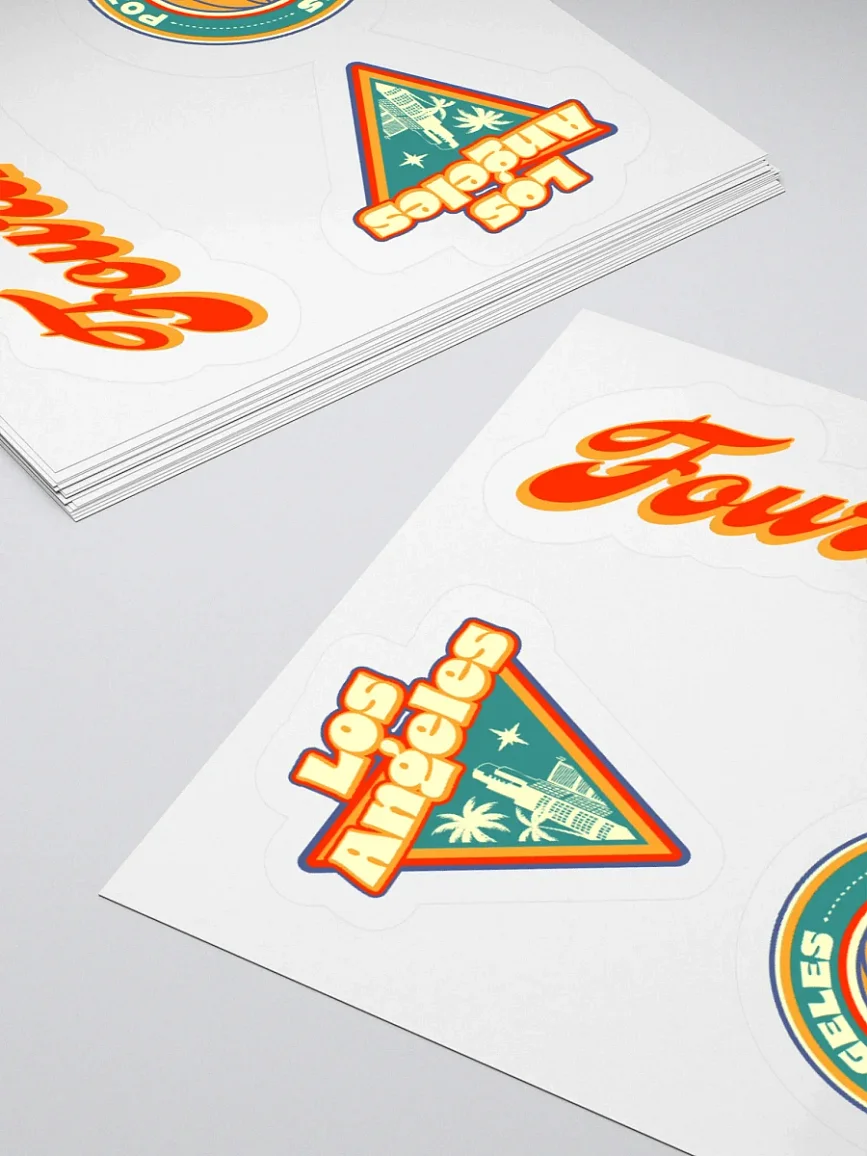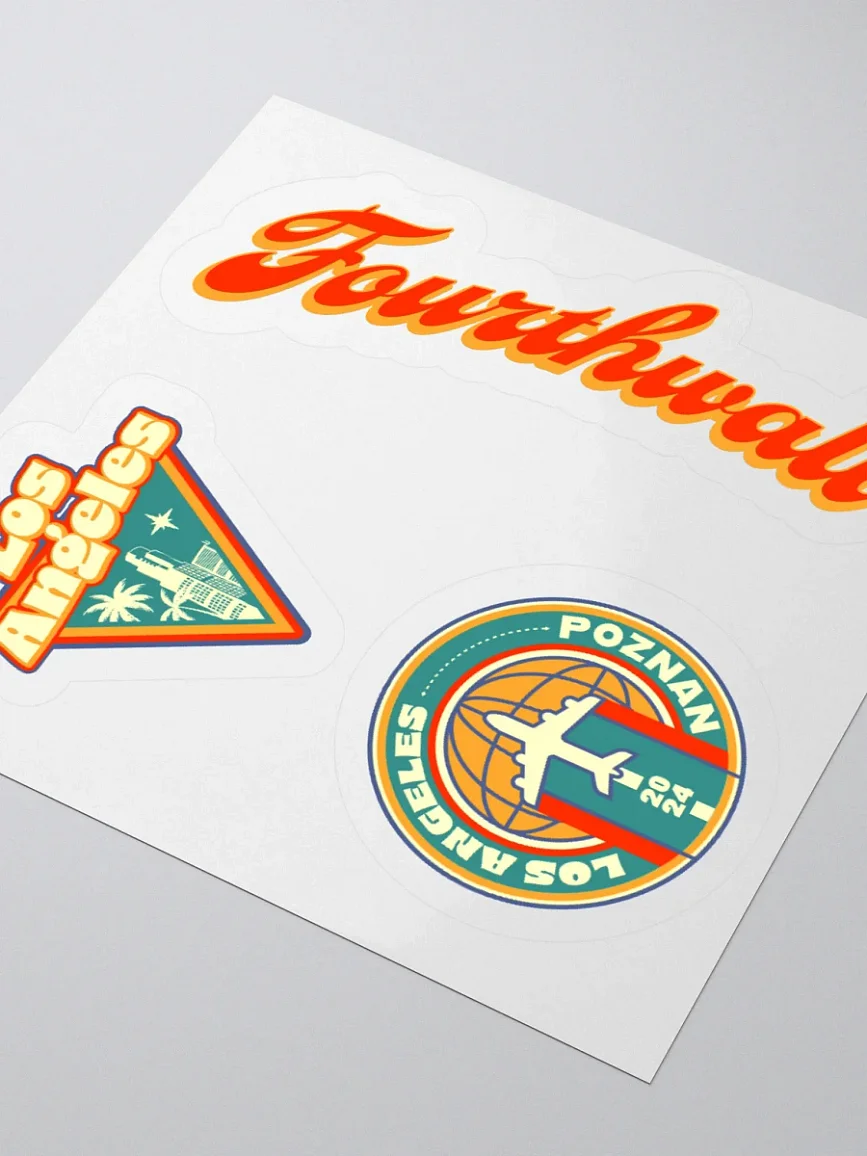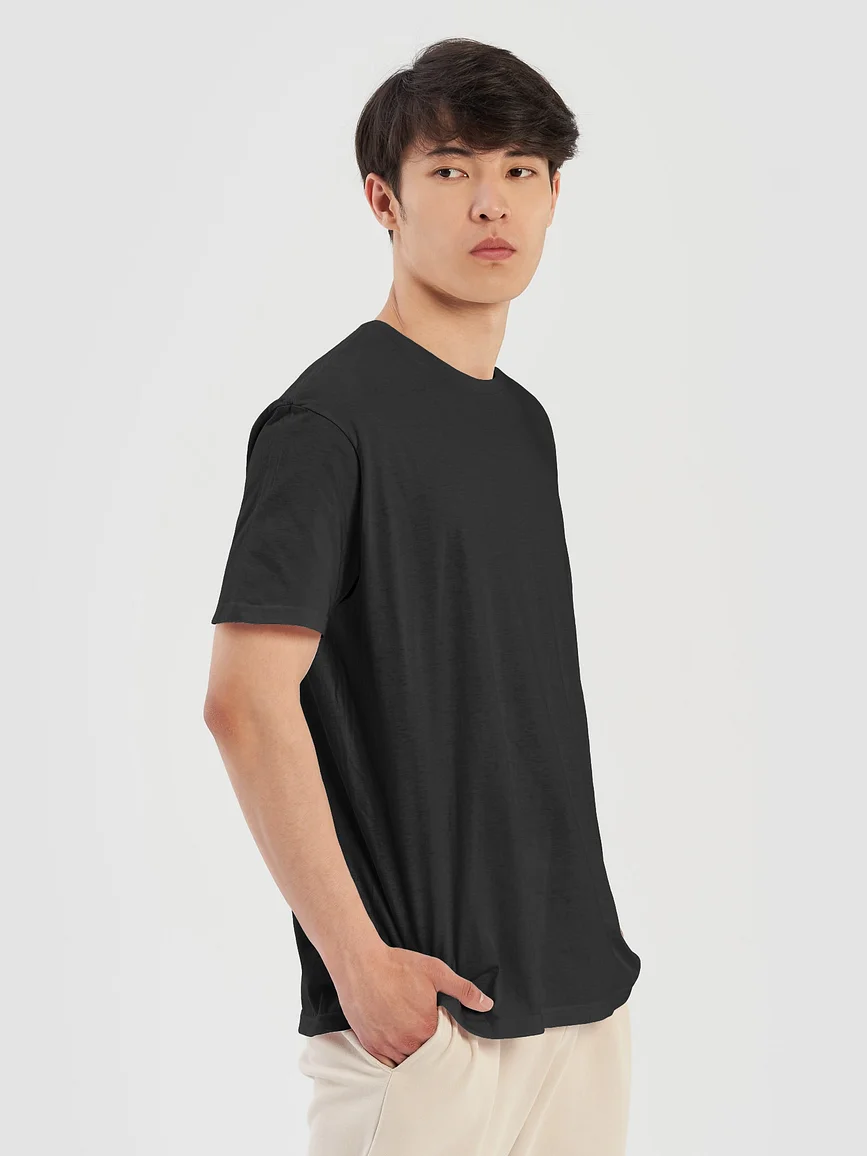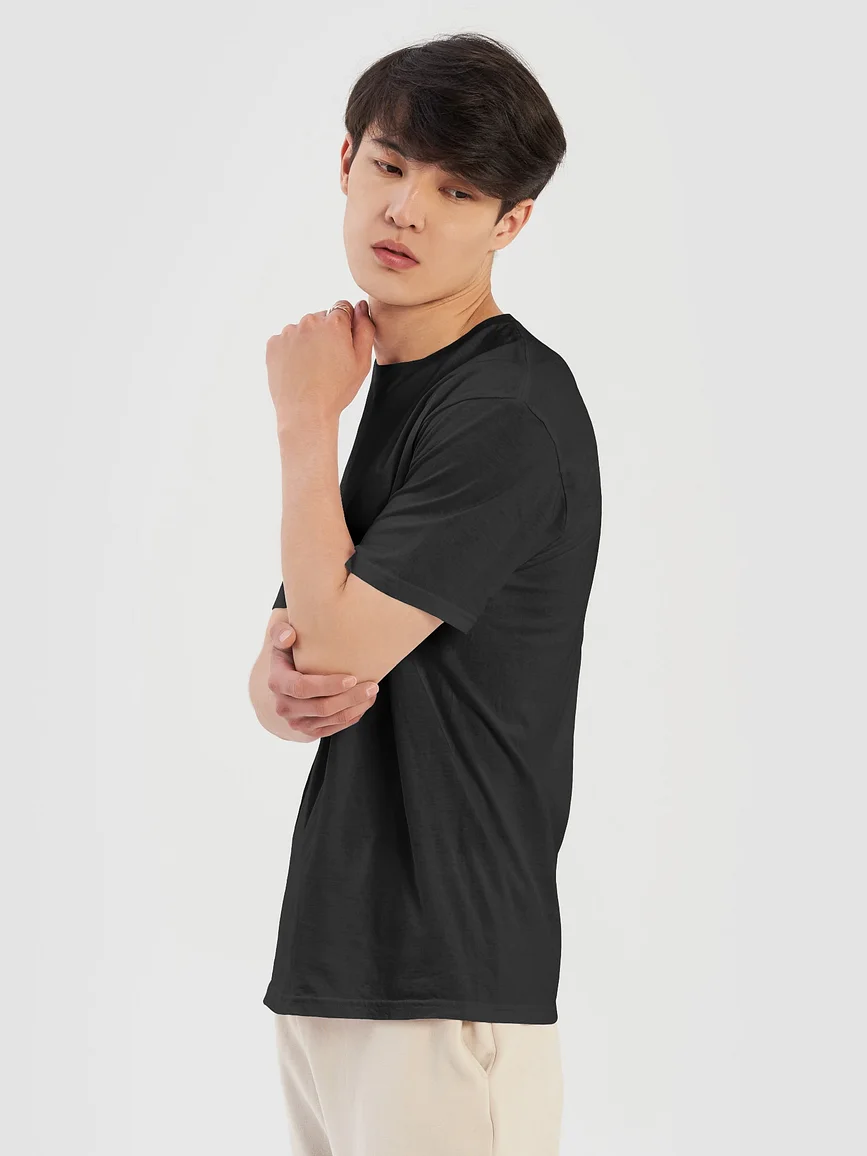How to Sell Pet Products Online

Pet owners today are taking great care of their pets. That’s the bottom line of a recent report from GlobeNewswire, which shared that the global pet care market hit nearly $325 billion in 2024, with pet owners increasingly shifting to online shopping for their pet supplies and pet care needs.
What does that mean for you? It means that this is a great time to jump into selling pet products online! Whether you’re prioritizing pet care products like toys, pet apparel, food, and habitats, or simply looking for a lucrative business opportunity, selling pet products has the potential for big profits. We’ll look at the profitable niches in pet products sales, and outline how you can get started with your own successful online pet store.
The Profit Potential of Selling Pet Products Online
The pet products industry has seen consistent growth in recent years. Pet owners now spend more on premium pet care products, eco-friendly items, and personalized pet accessories than ever before. From pet food to toys, pet accessories and pet furniture, pet products offer a huge range of possibilities for you and your online pet store to profit.
The profit margins for selling pet products online depends heavily on the category of pet supplies that you choose. Pet apparel, accessories, and toys typically offer higher profit margins because they can be marked up significantly, especially when customized or personalized.

Pet food and pet treats may have lower margins, but they’re essential pet supplies with a high demand, which means steady, reliable sales. Pet health and wellness products such as grooming kits, nutritional supplements, and pet dental care are also high margin categories that are growing in popularity.
The Factors of Pet Product Profitability
Several different factors are going to influence how profitable your online pet store can be, from your price margins to your pet supplies product choices to your ability to retain loyal customers. Here are some things to consider when putting together your pet products business plan.
- Specific Niche: Picking a pet products niche that you can dominate can make a big difference in profitability. For example, focusing on luxury pet products, color-coordinated pet apparel, or eco-friendly pet products can help set your online store apart from the competition.
- Pricing Strategy: The price points for your pet supplies need to reflect the market, and also pet owners’ willingness to pay. While competitive pricing may help attract customers, premium pricing for exclusive or personalized pet products can also be very profitable, so take the time to price your pet products carefully.
- Customer Loyalty: The key to long term profitability lies in building customer loyalty. Repeat customers are critical for success, particularly in pet supplies categories like pet food and wellness products, so make sure you’re catering to pet owners in your specific niche, and respond quickly and professionally to any inquiries, questions, or concerns.
- Competition: The online pet products market is definitely competitive, with plenty of established pet brands and new pet supplies startups all vying for attention. Make sure that you’re offering high quality pet products, and utilize your socials to get more eyes on your online pet store. Paid marketing campaigns are another option to consider.
Best Pet Products to Sell Online
Pet Apparel and Accessories
Pet owners enjoy spoiling their pets, with pet apparel a growing segment in the pet product industry. Pet clothing, such as pet sweaters, hoodies, bandanas, and personalized pet tags, are increasingly popular. Additional pet products and pet accessories like leashes, collars, and walking harnesses can be highly profitable, especially when customized with the pet’s name.

Pet Beds and Furniture
Pet furniture, like luxury pet beds, specialty habitats/cages, and portable crates, is also in high demand. As pet owners spend more on their pets’ comfort, the pet furniture market is expected to grow rapidly in the coming years. Offering a range of designs, including different colors, patterns, and even eco-friendly options, will help your online pet store appeal to different customer segments.
Pet Food and Treats
Pet food is, of course, a necessity for pet owners, and the trend toward organic and diet-specific pet foods is increasing. Pet owners are becoming more conscious of what they feed their pets, seeking out natural and nutritious options. Offering unique food and treat products, such as homemade treats, specialty foods, or branded pet bowls, can help differentiate your store from others.

Pet Toys
Pet toys are another staple pet product. Interactive toys, chew toys, and food reward toys and mats are just a few options in this category. Pet toys provide both entertainment and health benefits for pets, and smart, tech-enabled pet toys - like ball-throwers that can be controlled by phone apps - are becoming especially popular among tech-savvy pet owners.
Pet Health and Wellness
The pet health and wellness category includes pet supplies products like grooming kits, cleaning products, supplements, dental care, and pet vitamins. As pets live longer and owners prioritize their pets’ well-being, there’s increasing demand for products that promote their pets’ health and comfort. This is a high margin category with great potential for sales in your online pet store.
Smart Pet Products
Smart pet products like GPS trackers and automatic feeders are one more category that’s become in high demand. These products offer convenience and peace of mind for pet owners, allowing them to monitor and care for their pets remotely.
6 Steps to Start Selling Pet Products Online
1. Pick Your Niche
One of the most important steps when starting your online pet store is choosing the right niche. Focusing on a specific segment of pet supplies allows you to target a defined audience for your pet product listings, promotional materials, and sales.
- Everyday Pet Necessities: These are basic pet products that every pet owner needs, such as pet food, pet beds, everyday toys, and leashes. You could even host a subscription service where frequently used products are on automatic reorder.
- Eco-friendly Pet Products: These types of pet products appeal to pet owners who prefer environmentally conscious choices, such as pet furniture made of recycled materials, or organic pet foods.
- Personalized Pet Accessories: Personalized pet products in this category can include customized items like engraved tags, personalized toys, custom pet apparel, and pet portraits.
- Pet Wellness: These pet supply products focus on improving pet health, like supplements, grooming kits, and ergonomic pet beds. Researching the niche, including demand and competition, will help you identify the most profitable items in this category.
2. Choose and Design Your Products
Choosing and designing your pet supply products is your next step. Whether you’re going to focus your pet products niche on pet foods and treats, pet apparel, pet furniture, or pet accessories and toys, this is where you put together the line of products that you think will best suit your target audience of pet owners.
Your designs are a crucial point of your brand’s potential success - you can create your own original pet product designs using tools like Canva or Adobe, or you can work with freelance designers to bring your ideas to life. Popular custom designs like pet names or images on T-shirts, collars, or pet food bowls can help your store stand out and really get your pet products selling!
3. Find a Supplier
Next, you need to decide how you’ll source your pet products. If you plan to carry inventory, wholesale or dropshipping suppliers like Alibaba, Faire, or The Paws can help you source pet products at bulk prices.
If you want to avoid inventory management of your pet supplies, consider POD (print on demand) platforms like Fourthwall, which lets you create and sell custom designed pet products through your own website and online ecommerce store; or Printify, which lets you create products that you can then sell on other ecommerce platforms like Shopify or Etsy.
4. Set Up Your Online Store
Once you’ve chosen your niche and sourced your products, it’s time to set up your online store. Platforms like Fourthwall, Shopify, and Etsy make it easy to create an ecommerce site. List your products in an organized, appealing way, complete with clear, interesting photos; include professional branding; write compelling product descriptions, and set clear store policies. Also make sure that your ecommerce store is mobile-friendly and easy to navigate for a smooth customer experience.
Pricing is critical at this point, too; to ensure profitable sales, consider the cost of production, shipping, and any marketing expenses when setting your prices. Also look at your pet products competition to see if your prices are similar, or if you can sell a premium product with a higher markup.
5. Market Your New Pet Products Shop
Marketing is key to getting your new pet products business noticed! No matter how great your pet products are, they won’t sell if people can’t find your online store. Here are some strategies to consider:
- Social Media Marketing: The most inexpensive and effective method of marketing - use Instagram, TikTok, and Pinterest to showcase your pet products, engage with pet owners, reply to comments, and start building your customer base.
- Content Marketing: Create pet related blogs, YouTube product guides, and helpful tips to drive traffic to your site through search engines, including relevant keywords to boost SEO.
- Influencer Partnerships: Collaborate with influencers (and their pets!) in your niche to help promote your products to a wider audience on your socials, YouTube, and Twitch.
- Paid Advertising: Invest in paid ads like Google Shopping and Facebook Ads to drive even more targeted traffic to your online pet products store.
6. Manage Orders and Customer Service
Once your store is live, it’s important to manage orders efficiently and provide excellent customer service. You’ll need a system to handle shipping and returns, whether you’re using a POD service or fulfilling orders on your own; ecommerce sites like Fourthwall can handle all of those logistics for you, so you can focus on selecting and customizing your pet products!
Also make sure that you respond promptly to customer questions or concerns, and address any issues quickly, to maintain good professional relations with your customer base of pet owners.
Start Selling Pet Products Online with Fourthwall!
With tools to create custom designs, manage your shop, and handle fulfillment, Fourthwall makes it easy for anyone to start their own online pet store. Plus, no upfront investment is required, making it perfect for pet product entrepreneurs looking to minimize initial costs.

Selling pet supplies online can be highly lucrative, and Fourthwall offers plenty of options for you to do exactly that. You can bring your own pet products in and sell them via your Fourthwall store, or use Fourthwall’s print on demand options to easily design and sell pet products like customized pet bowls, collars, and leashes to your customers. Check out Fourthwall today!
















